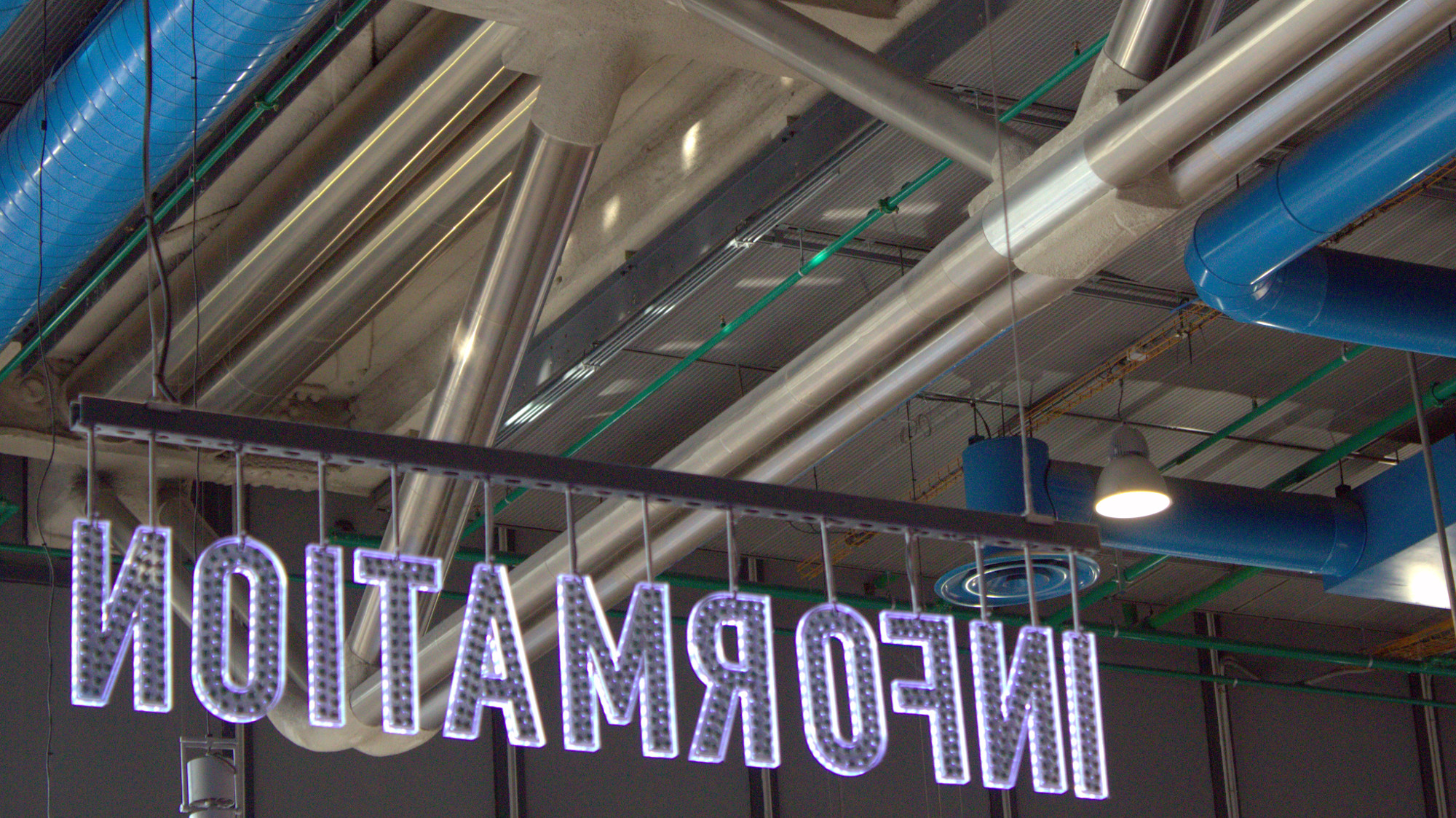My information environment (July 2017)
A couple of years ago this month, I created a page on my wiki to keep track of my information environment. Not long before, I’d written Curate or Be Curated: Why Our Information Environment is Crucial to a Flourishing Democracy, Civil Society for DML Central, and I was concerned to ensure I was getting a rich and varied information diet.
Fast-forward to 2017 and the world is a very different place. So different, in fact, that I’m not so concerned that I’m choosing to read more ‘biased’ stuff. There’s a war of attention going on and, in any case, there’s no such thing as non-theory-laden consumption of information.
I’ve quit Facebook and Twitter, the former completely, and the latter I now only post links to. Consequently, I converse with my friends on Slack, and in a very nice left-wing bubble on the Mastodon-powered social.coop. I’m OK with being partisan at this stage of my life.
So below is my current information environment, give or take a couple of things I’ll inevitably have managed to omit. The wiki page can be found here.
Newspapers
- The i (print subscription)
- The Guardian (digital subscription)
Aggregators
- Alltop
- Arts & Literature Daily
- Hacker News (although I tend to use hckr news)
- Nuzzel
- popurls
- Product Hunt
- Skimfeed
- Spigot
- Techmeme
Newsletters
I try out other ones, but these are my favourites:
- Austin Kleon
- Benedict Evans
- Crossed Lines
- Dialogic Learning Weekly
- Documentally
- EdTech Factotum
- Education Design Lab
- EFFector
- Farnam Street Brain Food
- Freshly Brewed Thoughts
- Go Weekly
- Hack Education Weekly News
- Jocelyn K. Glei
- The Journal
- Nesta
- Offscreen Dispatch
- OLDaily
- Orbital Operations
- Product Hunt Daily Digest
- Read Write Respond
- Recomendo
- Remotive
- Ryan Holiday’s Reading Newsletter
- The School of Life
- Seth Godin
- Sunday Dispatches
- The Sprint
- TL;DR
- Traces
- Visual Thinkery
- We Seek
Podcasts
As with the newsletters, I subscribe to other podcasts on a regular basis, but here are my go-to ones that I wouldn’t want to miss:
- 99% Invisible
- The Adam Buxton Podcast
- The Contrafabulists
- Hardcore History
- Freakonomics Radio
- Friday Night Comedy from BBC Radio 4
- From Our Own Correspondent (BBC)
- In Our Time (BBC)
- Invisibilia
- Philosophy Bites
- Song Exploder
- Team Human
- Thinking Allowed (BBC)
Routines
Internet culture
Music
Recommendations welcome! I’m always on the lookout for high-quality sources of information.
Image CC BY Alexander Svensson


